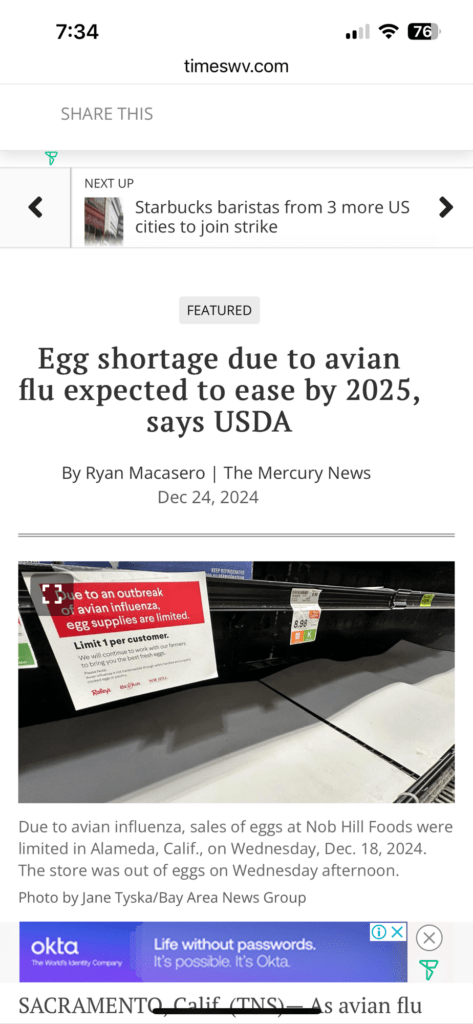The egg shortage in Australia is expected to persist for several months, primarily due to the impacts of avian influenza, increased seasonal demand, and a shift away from caged egg production, according to the ABC.
Boyd Carmody, managing director of Creswick Open Range Farm in Victoria, which maintains a stocking density of fewer than 200 hens per hectare, told the ABC:
“Supply is going to be tight until middle to late Spring, and that’s assuming we don’t get another avian influenza outbreak.”
Are Eggs Getting Smaller?
Fred Harrison, chief executive of Ritchies IGA supermarket, pointed out a surprising upside:
“You’ll probably never get eggs fresher than what you buy in the next few weeks, so that is an upside.”
However, he also noted that some eggs are smaller than usual:
“The other issue is some of the eggs are undersized at the moment, but I think that’s just what happens when the pressure is on. The warmer weather, traditionally, isn’t fantastic for the laying of eggs either; the chickens get stressed when it’s 38 degrees and slow down the egg laying.”
Global Impact: The US Egg Crisis
Australia isn’t the only country dealing with an egg crisis. In the United States, a severe outbreak of avian influenza has led to the culling of over 100 million egg-laying hens since 2022. As a result, egg prices in the U.S. jumped 15% in a single month, with grocery stores struggling to keep shelves stocked. (Bloomberg)
Desperate for a solution, millions of Americans have started raising their own hens. The number of backyard chickens has surged from 5.8 million in 2018 to 11 million today, as consumers try to secure their own egg supply. However, poultry experts warn that feed, housing, and veterinary costs often outweigh the savings of homegrown eggs. (The Times)
A Lesson from the Past
Historically, avian influenza outbreaks have had long-term effects on egg supplies. Australia’s largest-ever bird flu outbreak in mid-2024 resulted in 1.8 million birds culled, triggering months of shortages. Even six months later, supermarkets were still rationing egg sales, with prices rising 11.2% over three months. (The Guardian)
With flock repopulation taking time, both Australia and the U.S. face a prolonged period of limited supply and high prices. Whether this crisis prompts policy changes, such as reconsidering the move away from caged eggs, remains to be seen. (Herald Sun)
1. Tuna (canned in water)
Protein Content: ~26-30g
A lean and convenient protein source, perfect for salads, sandwiches, or straight out of the can.

2. Salmon (fresh or canned)
Protein Content: ~25-27g
Packed with high-quality protein and omega-3 fatty acids, ideal for muscle recovery and overall health.
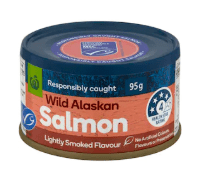
3. Turkey Breast
Protein Content: ~25-26g
A lean alternative to chicken, great for sandwiches or as a roasted option.
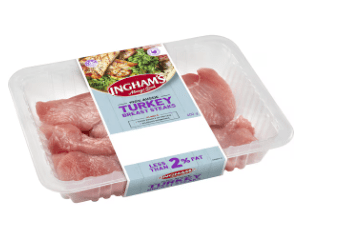
4. Lean Beef (e.g., sirloin)
Protein Content: ~24-26g
A rich source of protein and iron, perfect for building muscle.
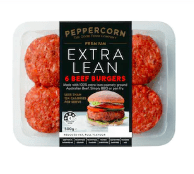
5. Tempeh
Protein Content: ~19-21g
A plant-based powerhouse made from fermented soybeans, offering protein and probiotics.
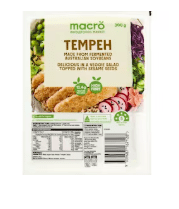
6. Lentils (cooked)
Protein Content: ~18g
High in protein and fibre, lentils are a fantastic option for soups, salads, or curries.

7. Cottage Cheese (low-fat)
Protein Content: ~11-14g
Creamy and versatile, it’s a great snack or ingredient for meals and desserts.
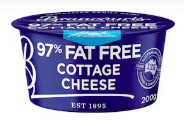
8. Quinoa (cooked)
Protein Content: ~8g
A complete protein grain, perfect as a side dish or base for bowls.
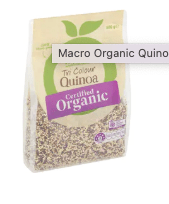
9. Almonds
Protein Content: ~6g
A convenient snack, providing protein, healthy fats, and magnesium for muscle function.
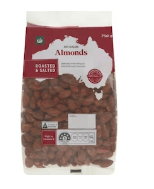
10. Peanut Butter (natural)
Protein Content: ~5-8g
A tasty spread or addition to smoothies, delivering protein and energy in every spoonful.
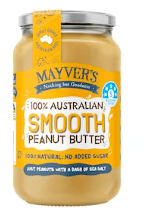
Some Eggcellent Questions
1. Are Too Many Eggs Bad for You?
Eggs are a nutrient-dense food, but like anything, moderation is key. Consuming too many eggs, especially if paired with a high-fat diet, can increase cholesterol levels in some individuals. However, recent studies suggest that for most healthy people, dietary cholesterol from eggs has minimal impact on blood cholesterol. The key lies in your overall dietary pattern. Consult your doctor if you have specific health concerns like high cholesterol or heart disease.
2. How Many Eggs Should I Eat A Week?
The recommended number of eggs per week depends on your dietary needs and health status. For most healthy individuals, eating 7-12 eggs a week is considered safe and provides plenty of nutrients like protein, vitamins, and healthy fats. Athletes or those with higher protein requirements might consume more, but it’s important to balance eggs with other protein sources for a well-rounded diet.
3. How much protein do you get from an egg?
A large egg contains approximately 6-7 grams of high-quality protein. The egg white provides about 4 grams of protein, while the yolk contributes around 2-3 grams. Eggs are an excellent source of complete protein, containing all nine essential amino acids that the body needs for muscle repair and overall health.
